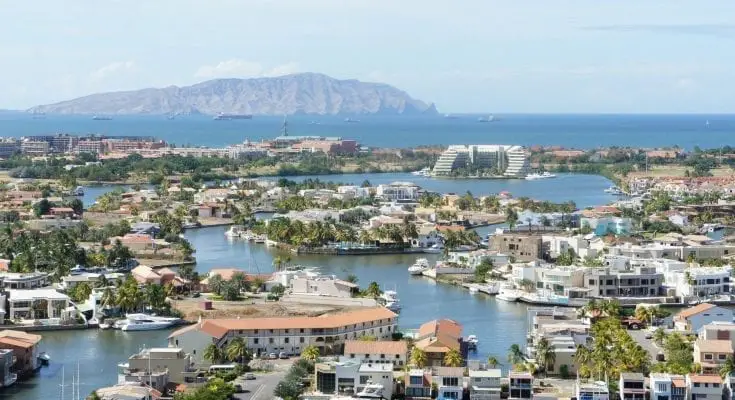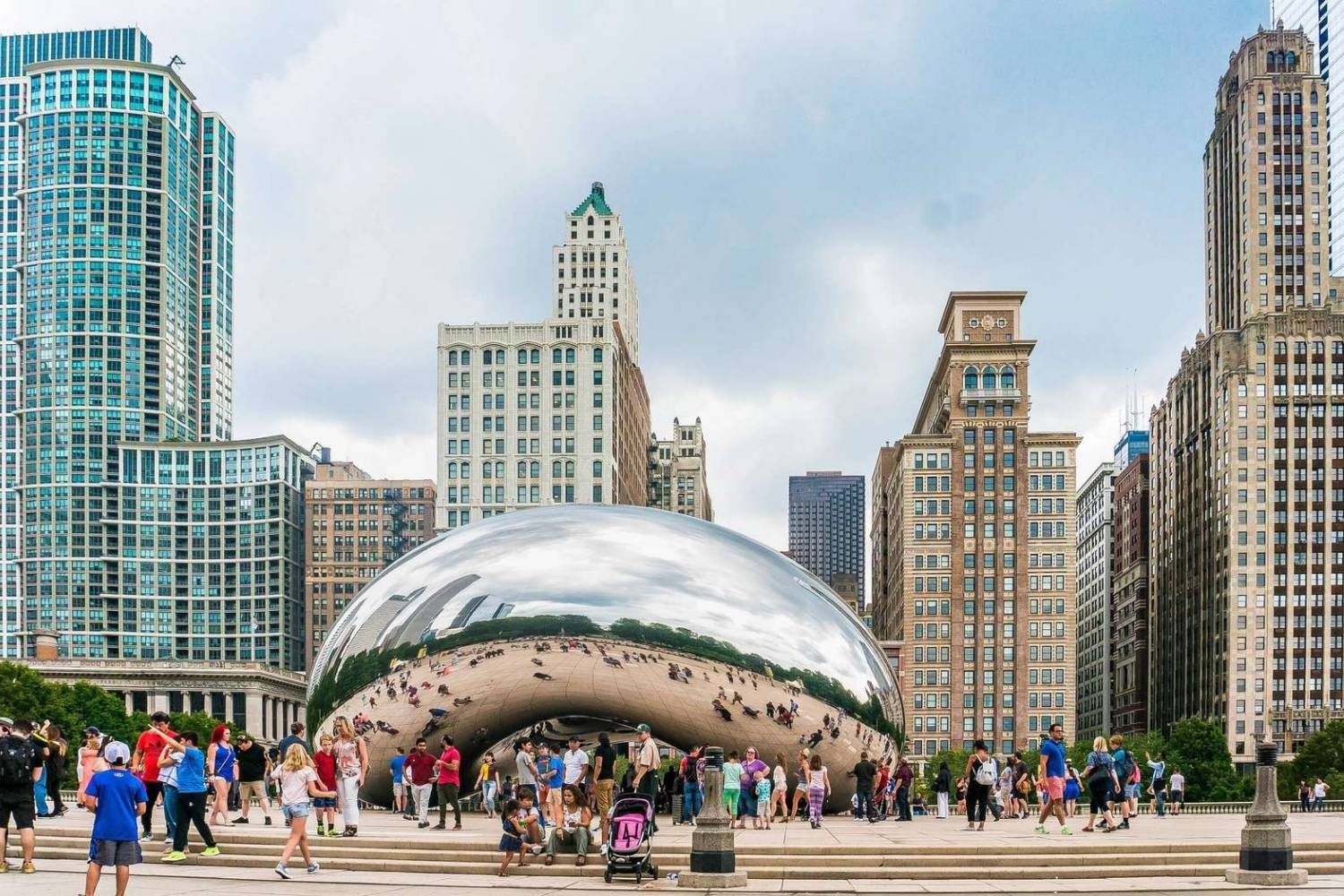Venezuela, often characterized by its tumultuous political landscape and economic challenges, is a country that conceals within its borders a plethora of remarkable facts and cultural treasures. Far beyond its headlines, Venezuela offers an enchanting narrative woven from its diverse geography, vibrant cultures, and natural wonders. This article aims to unveil some of the most interesting and lesser-known facts about this South American nation, encouraging a deeper understanding and appreciation for its complexities.
1. The Birthplace of the World’s Highest Waterfall
Venezuela is home to Angel Falls, the world’s highest uninterrupted waterfall, plunging 3,212 feet from the Auyán-tepui plateau in Canaima National Park. This UNESCO World Heritage site captivates adventurers and nature enthusiasts alike. The falls are named after Jimmy Angel, an American aviator who was the first to fly over the falls in 1933, inadvertently introducing this natural marvel to the world.
2. A Garden of Biodiversity
The country boasts a staggering variety of flora and fauna, making it one of the most biodiverse regions on the planet. Venezuela’s ecosystems range from the vast Amazon rainforest to the arid Andes mountains. It is estimated that the nation is home to over 25,000 species of plants and diverse wildlife including the critically endangered Orinoco crocodile and the capybara, the world’s largest rodent.
3. Cultural Melting Pot
Venezuelan culture is remarkably diverse, with a rich tapestry of Indigenous, African, and European influences. This cultural amalgamation is evident in its music, dance, and culinary traditions. Popular genres such as joropo—a blend of Spanish, Indigenous, and African sounds—are celebrated across the country. Festivals, like the vibrant Carnival, showcase colorful costumes and lively dances that reflect this diverse heritage.
4. The Oil Giant
Venezuela possesses some of the largest oil reserves in the world, ranking among the top countries in terms of crude oil production. Despite its natural wealth, the reliance on oil exports has uniquely impacted the economy, shaping its current economic challenges. The oil industry has historically greatly influenced the nation’s political and social landscape.
5. Home to the World’s Largest Lake
Lake Maracaibo, often considered to be the largest lake in Latin America, is not only vast but also significant for its unique natural phenomena. The lake is known for its lightning storms, particularly the “Catatumbo Lightning,” which creates a spectacular electric display nearly 300 nights a year. This meteorological wonder has intrigued scientists and tourists alike.
6. A Land of Enigmatic Wildlife
The Venezuelan llanos are considered one of the world’s best-preserved savannas, offering a unique habitat for a vast array of wildlife. Species such as the jaguar, giant anteater, and anacondas thrive in this region. Birdwatchers flock to Venezuela to glimpse its 1,400 bird species, including the striking scarlet ibis and the vivid cock-of-the-rock.
7. Indigenous Heritage
Prior to European colonization, the land was inhabited by various Indigenous groups, including the Wayuu, Pemon, and Kariña, each possessing distinct languages, traditions, and crafts. Today, Indigenous communities continue to play an important role in Venezuela’s cultural landscape, striving to preserve their languages and customs amidst modernization.
8. A Unique Cuisine
Venezuelan cuisine is a reflection of its multicultural background, with staples like arepas (cornmeal cakes) and pabellón criollo (a dish of rice, black beans, and shredded beef) being nationwide favorites. The use of diverse ingredients signifies the rich agricultural environment, and each dish tells a story of the people and traditions that shaped them.
9. Exceptional Dances and Music
The rhythmic heartbeat of Venezuela can be felt through its music and dance forms. Dance genres like salsa and merengue flourish in urban centers, while traditional folk dances like the gaita and joropo resonate in rural areas. The lively music often features prominent instruments, including the cuatro and maracas, reflecting the country’s cultural diversity.
10. Stunning Natural Landscapes
The geography of Venezuela is strikingly varied, featuring majestic mountains, vast plains, and tropical coastlines. The Andes mountains run along the western border, providing breathtaking views and opportunities for hiking enthusiasts. The Caribbean coastline, with its pristine beaches, is a haven for travelers seeking sun and relaxation, epitomizing the country’s natural beauty.
11. The Mystery of the Lost World
The Gran Sabana region, characterized by its dramatic table-top mountains called tepuys, provides an otherworldly landscape. These formations are among the oldest geological features on Earth, often thought to be “lost worlds” because of their isolated ecosystems. The indigenous Pemon people regard them as sacred, adding to their mystique.
12. A Country of Futuristic Urban Design
Caracas, the capital city, presents a fascinating juxtaposition of modernity and tradition. Architectural marvels reflect a commitment to innovation, with projects such as the towering Torre de David, a former skyscraper overtaken by squatters that has become a symbol of resilience and community. The urban landscape presents a canvas showcasing the challenges and aspirations of Venezuelan society.
In conclusion, Venezuela is a land overflowing with intriguing facts and historical significance. From its unparalleled natural wonders and vibrant cultural diversity to the rich narratives of its people, the country holds a unique position in the tapestry of South America. With so much more than meets the eye, exploring the nuances of Venezuela invites a renewed perspective and an appreciation for its heritage and resilience in the face of adversity.










